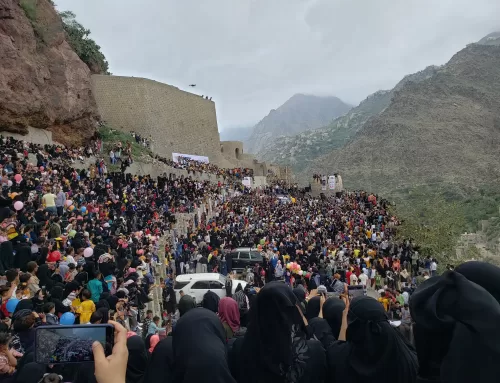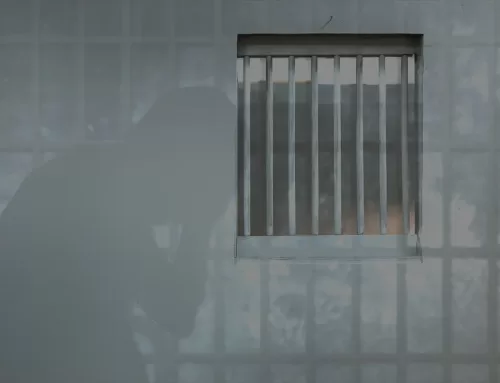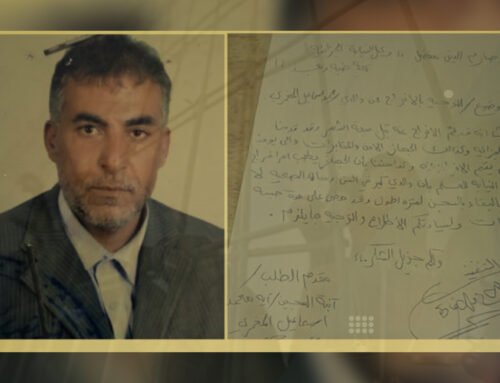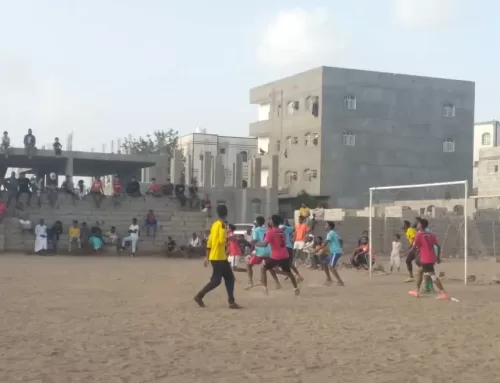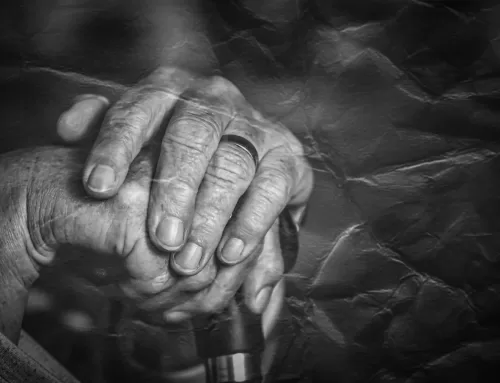Murad, who has become crow food
Manal Qaid
April 5 2022
Yahya wears a rosary around his neck, which his younger brother Murad gave him before turned into pieces in a few moments. Those moments seemed to Yahya to last much longer than the 15 years of his age.
The nine-year-old Murad was the most passionate among his brothers in collecting plastic cans and other items left behind. On that fateful day, he collected many strange memorabilia from the beach.
Yahya remembers and talks about these events while closing his eyes heavily as if recalling the moments when the landmine exploded and tore his little brother’s body apart.
Al-Katheeb area in the city of Hodeidah remained closed for more than three years after the attack by the Saudi/UAE-led coalition forces with the joint forces in 2018. After the recent withdrawal of the joint forces in November 2021, the areas that were frontlines between the warring parties reopened, including part of the coast of Hodeidah known as Al-Katheeb Road, which is still surrounded by mine warning signs.
After the military campaign of Saudi/UAE-led coalition forces with the joint forces in 2018, the Al-Katheeb area in Hodeidah remained closed for more than three years. Following the withdrawal of the joint forces in November 2021, the areas that were frontlines between the warring parties reopened, including a section of the Hodeida coast known as Al-Katheeb, which is still surrounded by mine warning signs.
Yahya went to the sea on Sunday, January 17, 2022, as planned by his brother Murad, who insisted on swimming and working on the same day.
Murad went to his cart, drawn by a donkey, carrying the things he collected with his brother Yahya after the latter had put a black rosary, he found on the beach around Yahya’s neck saying to him, “This is for you.” He then left towards Haitham, who was waiting for them behind the cart and gave him the rest of the cans and memorabilia, telling him that he would distribute a lot of things he found at the beach to the rest of his siblings at home today.
Murad headed back towards his brother Yahya, who was stepping toward his two brothers so they go home. “I asked Murad why he came back, but he was running fast as if he forgot something important and went back to bring it,” says Yahya.
He closes his eyes as he recalls the moment of the explosion that he did not easily absorb. He completes his speech with concern as if he evokes everything again in front of him, “When I turned, I saw Murad’s hand. Only his hand. I screamed and ran in the opposite direction. I could only return from there with the help of armed men who came after hearing the explosion. I later learned that there was a warning sign that we did not pay attention to, and no one told us about it.”
“When I got to the place, there was an ambulance at the beach and a heavy gathering of crows. I later understood that the crows were picking up my son’s flesh.” With these shocking words, Murad’s father started his speech. He continued his words as he made sure that Yahya and Haitham were not there next to him, “the armed men tried to prevent me from entering, but I wanted to collect Murad alive again; an eyeless head, a hollow chest, a leg, a hand and some of his gut. This is what is left of my son. None of my family other than me has seen that.”
The father of three children, Ahmed Omar (50 years old), feels sad and guilty about what happened to his children. He recalls what happened after receiving a call from a stranger telling him that one of his children was sick. While he was going out, he thought about whether he lost only one or all of them.
Ahmed’s three children are the ones who help him provide for the needs of the house through what they collect from cans and sell for 2000 Yemeni riyals, equivalent to approximately $3.
Ahmed’s work at the flea market is no longer as feasible as it was before the war, which tore the Yemenis’ bodies from all directions and left its marks on their inability to provide life for their children.
Only life, without following it with the word decent.
The three children went to the seaside for work and fun at once, but the war ruined their plan and gave them a memory with lots of shreds and a black rosary.


